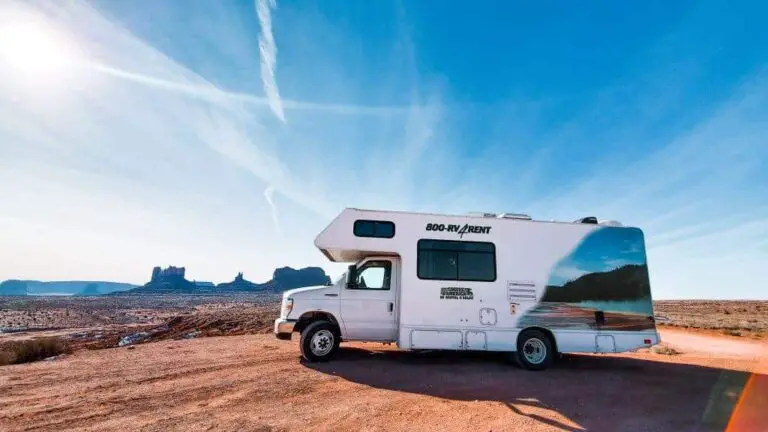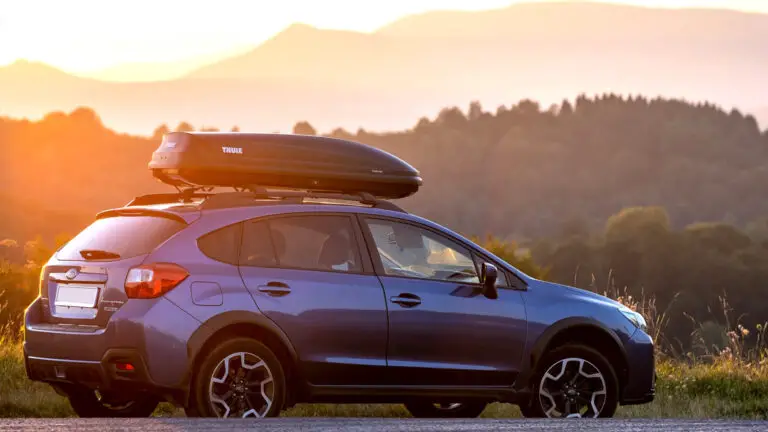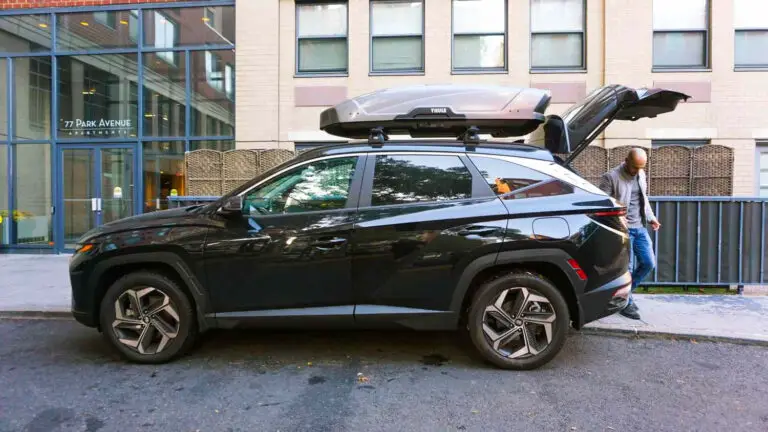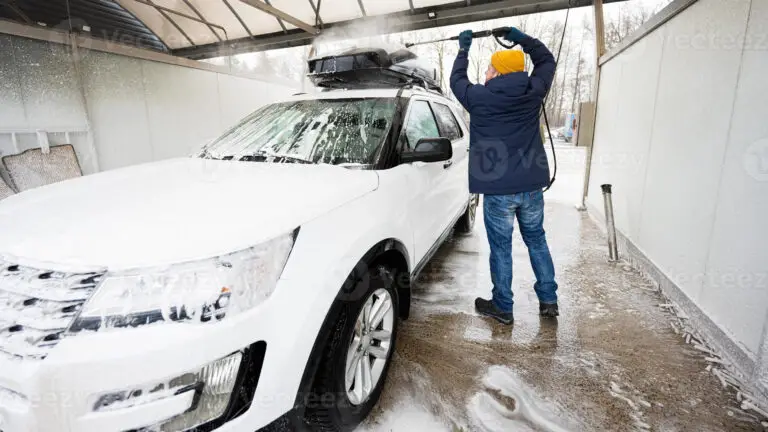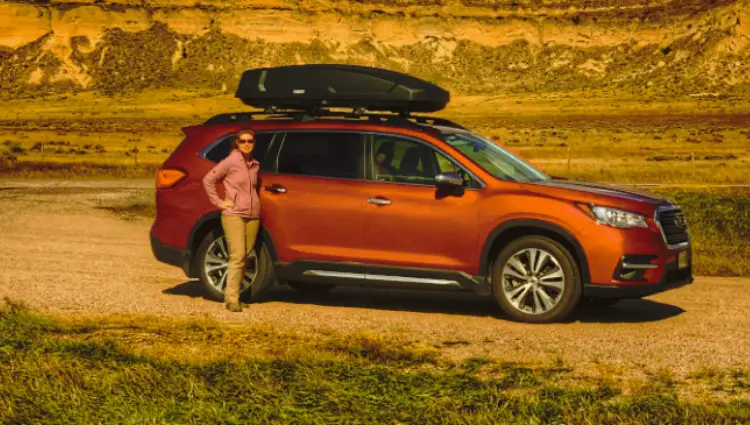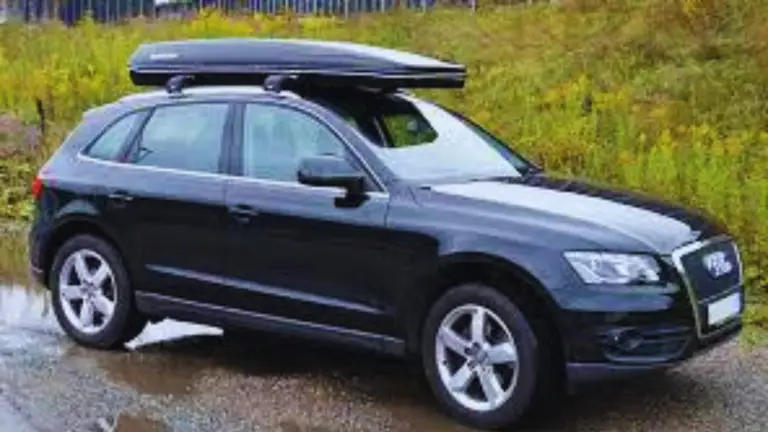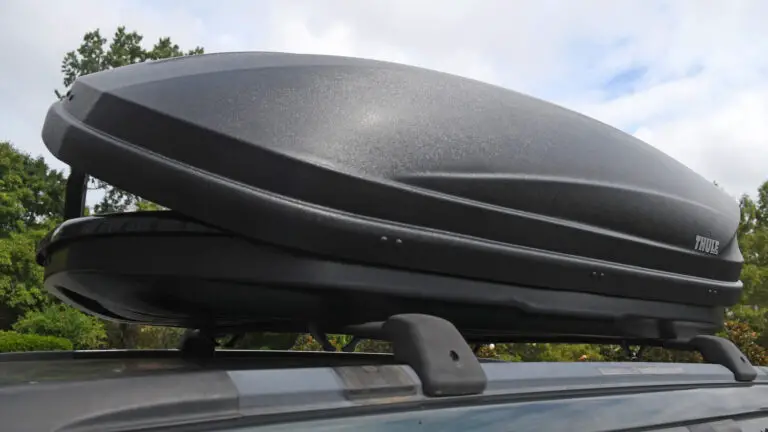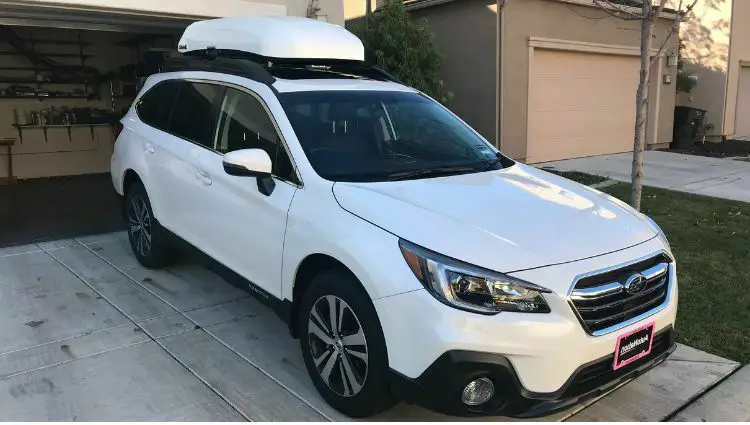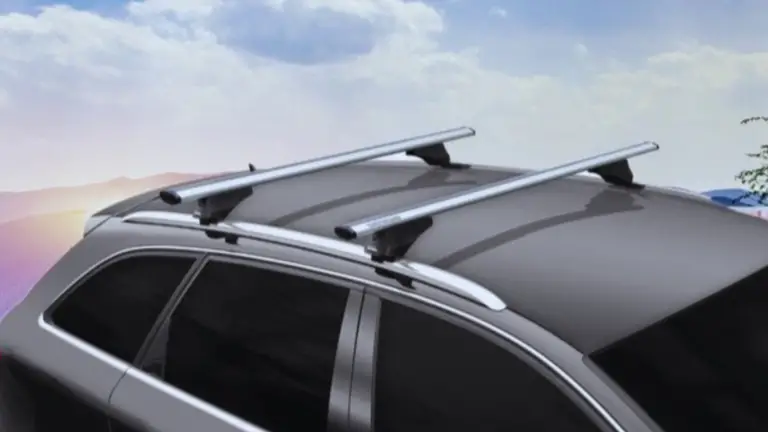Discover the freedom of the open road with our guide to renting an RV for a road trip. From finding the right RV to planning your route, we’ve got you covered.
If you’re planning a road trip, renting an RV can be a great way to see the country in comfort and style. With an RV, you have the freedom to travel at your own pace, stopping to explore new places and take in the scenery along the way. Plus, you’ll have all the amenities of home right there with you, from a kitchen and bathroom to a comfortable bed.
When it comes to renting an RV for a road trip, there are a few things to keep in mind. First, you’ll want to choose the right type of RV for your needs. There are different sizes and styles to choose from, so think about how many people will be traveling with you and what kind of features you want. You’ll also need to consider your budget, as RV rentals can range from a few hundred dollars to several thousand depending on the length of your trip and the type of RV you choose.
Once you’ve chosen your RV, you’ll need to plan your route and make reservations at campgrounds or RV parks along the way. This can be a fun part of the process, as you get to research different destinations and plan out your adventure. With a little bit of planning and preparation, renting an RV for a road trip can be a fantastic way to explore the country and make memories that will last a lifetime.
Table of Contents
ToggleBenefits of Renting an RV for a Road Trip
1. Cost of Renting an RV
Renting an RV for a road trip can be a cost-effective way to travel. When considering the cost of renting an RV, it’s important to factor in the trip cost of fuel, campsite fees, and any additional expenses such as food and activities. However, renting an RV can still be more affordable than booking flights, hotels, and rental cars separately. Additionally, many RV rental companies offer discounts for longer rental periods, making it even more cost-effective for an epic RV road trip.
2. Types of RVs Available for Rent
There are several types of RVs available for rent, including motorhomes, travel trailers, and camper vans. Motorhomes are the largest and most luxurious option, while travel trailers are more affordable and easier to tow. Camper vans are the most compact and versatile option, making them perfect for solo travelers or couples. Consider your needs and preferences when choosing the type of RV for your road trip.
3. RV Rental Companies
There are many RV rental companies and RV resort to choose from, each with their own unique offerings and rental policies. Some popular RV rental companies include Cruise America, El Monte RV, and Apollo RV Rentals. It’s important to do your research and read reviews to find a reputable company that meets your needs and budget.
4. Planning Your RV Road Trip
Planning your RV road trip is an important step to ensure a successful and enjoyable trip. Consider your route, stops, and activities along the way. Make sure to book campsites in advance, especially during peak travel season. It’s also important to familiarize yourself with the RV’s features and operation before hitting the road.
5. RV Insurance and Travel Insurance
When renting an RV, it’s important to consider insurance options. Many RV rental companies offer insurance packages, but it’s important to read the fine print and understand what is covered. Additionally, travel insurance can provide added peace of mind in case of unexpected travel disruptions or emergencies.
Renting an RV for a road trip can be an exciting and memorable experience. By considering the cost, type of RV, rental company, planning, and insurance options, you can ensure a successful and enjoyable trip. Whether you’re renting an RV for the first time or are a seasoned RVer, there’s nothing quite like hitting the open road in a recreational vehicle.
Planning Your RV Road Trips
Embarking on an RV road trip is a fantastic way to explore the great outdoors while enjoying the comforts of home. Proper planning will ensure a smooth and memorable journey. In this blog, we’ll discuss essential aspects of planning an RV road trip, from choosing your route to securing RV travel insurance.
1. Choosing your route
A well-planned route is key to a successful RV road trip. Here are some tips for selecting the perfect route:
Determine your destination: Start by deciding on the main attractions or destinations you want to visit. This could be a national park, a scenic byway, or a specific landmark.
Research the route: Use online resources, such as Google Maps, Roadtrippers, or RV Trip Wizard, to plan your route. These tools can help you identify points of interest, find the best roads, and avoid potential hazards.
Plan for breaks and overnight stays: Be realistic about how much driving you can do each day. Plan for rest stops, meal breaks, and overnight stays at campgrounds or RV parks.
Factor in the weather: Check the weather forecast for your route and adjust your plans accordingly. Keep in mind that some roads may be closed or treacherous during certain times of the year.
2. Packing your RV trip
Packing efficiently is essential for a smooth and enjoyable RV road trip. Here are some packing tips:
Create a packing list: Make a list of everything you’ll need for your trip, including clothing, toiletries, food, kitchen supplies, and outdoor gear. This will help ensure you don’t forget any essential items.
Pack light: Space is limited in an RV, so pack only what you need. Choose versatile clothing that can be layered, and avoid bringing too many bulky items.
Organize your belongings: Use storage bins, organizers, and vacuum-sealed bags to keep your belongings organized and easy to find.
Prepare for emergencies: Pack a basic first-aid kit, as well as tools and supplies for minor RV repairs, such as a tire repair kit, extra fuses, and a flashlight.
3. RV driving tips
Driving an RV can be a bit intimidating, especially for first-time RVers. Here are some tips to make your driving experience safer and more enjoyable:
Familiarize yourself with your RV: Before hitting the road, take the time to learn about your RV’s features and controls. Practice driving in a safe area to get comfortable with the size and handling of the vehicle.
Drive defensively: Be aware of your surroundings, maintain a safe following distance, and anticipate potential hazards. Keep in mind that RVs take longer to stop and have larger blind spots than smaller vehicles.
Observe speed limits and road signs: Adhere to posted speed limits and take note of road signs indicating height, weight, and length restrictions.
Plan for fuel stops: RVs have larger fuel tanks and lower fuel efficiency than smaller vehicles. Plan your fuel stops in advance to avoid running out of gas in remote areas. resolve any issues that may arise during your trip.
4. RV park and campground reservations
Securing reservations at RV parks and campgrounds is an important part of planning your road trip. Here are some tips for finding and booking the ideal spot:
- Do your research: Research RV parks and campgrounds along your route, considering factors such as location, amenities, and price.
- Book in advance: Popular RV parks and campgrounds can fill up quickly, especially during peak travel seasons. Make your reservations well in advance to secure a spot.
- Be flexible: If you’re unable to find a reservation at your preferred location, be open to alternative options. You might discover a hidden gem!
5. RV travel insurance
Investing in RV travel insurance can provide peace of mind and financial protection in case of unexpected events. Here’s what to consider when selecting RV travel insurance:
- Coverage: Look for a policy that covers your specific needs, such as trip cancellation, medical expenses, and roadside assistance.
- Deductibles and limits: Understand the deductibles and coverage limits of your policy to ensure you’re adequately protected.
- Customer service: Choose an insurance provider with a reputation for excellent customer service to help you resolve any issues that may arise during your trip.
Tips for Renting an RV
As travel becomes more accessible and flexible, many people are turning to recreational vehicle (RV) rentals as a way to explore new destinations in comfort and convenience. Whether you’re a first-time renter or a seasoned RV enthusiast, choosing the right rental can make or break your trip. Here are some tips for renting an RV that will help you make the best decision for your next adventure.
1. Choosing the right RV rental
Before you start browsing rental options, it’s important to consider your travel needs and preferences. Think about the size of your group, the length of your trip, and the type of terrain you’ll be traveling on. You’ll also want to consider your budget and any additional amenities you may need, such as a kitchen or bathroom.
There are a few different types of RVs to choose from, including Class A, Class B, and Class C motorhomes, as well as travel trailers and fifth wheels. Class A motorhomes are the largest and most luxurious, while Class B motorhomes are the smallest and most maneuverable. Class C motorhomes are a middle ground between the two.
2. RV size and amenities
Once you’ve decided on the type of RV you want to rent, it’s time to consider the size and amenities. Make sure the RV you choose can comfortably accommodate your group and any additional equipment you may be bringing along. Look for amenities such as a kitchen, bathroom, and shower, as well as air conditioning and heating to ensure your comfort no matter the weather.
3. RV campgrounds and packs
When choosing an RV rental, it’s important to consider the type of campground or park you’ll be staying in. Some campgrounds may have size restrictions or require certain types of RVs, so make sure to check ahead of time. You’ll also want to consider any additional packs or services offered, such as hookups for water, electric, and sewage.
4. Peer-to-peer RV rental
One popular option for RV rentals is peer-to-peer rentals. This means renting directly from an individual owner rather than a rental company. Peer-to-peer rentals can be more affordable and offer a wider range of RV options, but be sure to read reviews and thoroughly vet the owner to ensure a safe and smooth rental experience.
5. One-way trip RV rental
If you’re planning a road trip that doesn’t end where it begins, one-way RV rentals may be a good option. These rentals allow you to pick up an RV in one location and drop it off in another, saving you time and allowing for more flexibility in your travel plans. However, be prepared for additional fees and potentially longer rental periods.
6. Renting from private owners
Finally, renting from a private owner can be a great option for those looking for a more personalized rental experience. Private owners may be more flexible with rental periods and can offer unique amenities or additional equipment. However, be sure to carefully vet the owner and thoroughly inspect the RV before renting to ensure a safe and enjoyable trip.
Renting an RV for a Road Trip: Final Thoughts
To sum up, opting to rent an RV can present an exceptional opportunity to venture off to novel destinations and relish indelible experiences. By carefully analyzing your travel requirements, selecting the most suitable RV and rental agency, and conducting a detailed evaluation of the rental prior to commencing your journey, you can guarantee a secure and pleasurable expedition for all parties involved. We wish you a delightful travel experience.
Related post:
